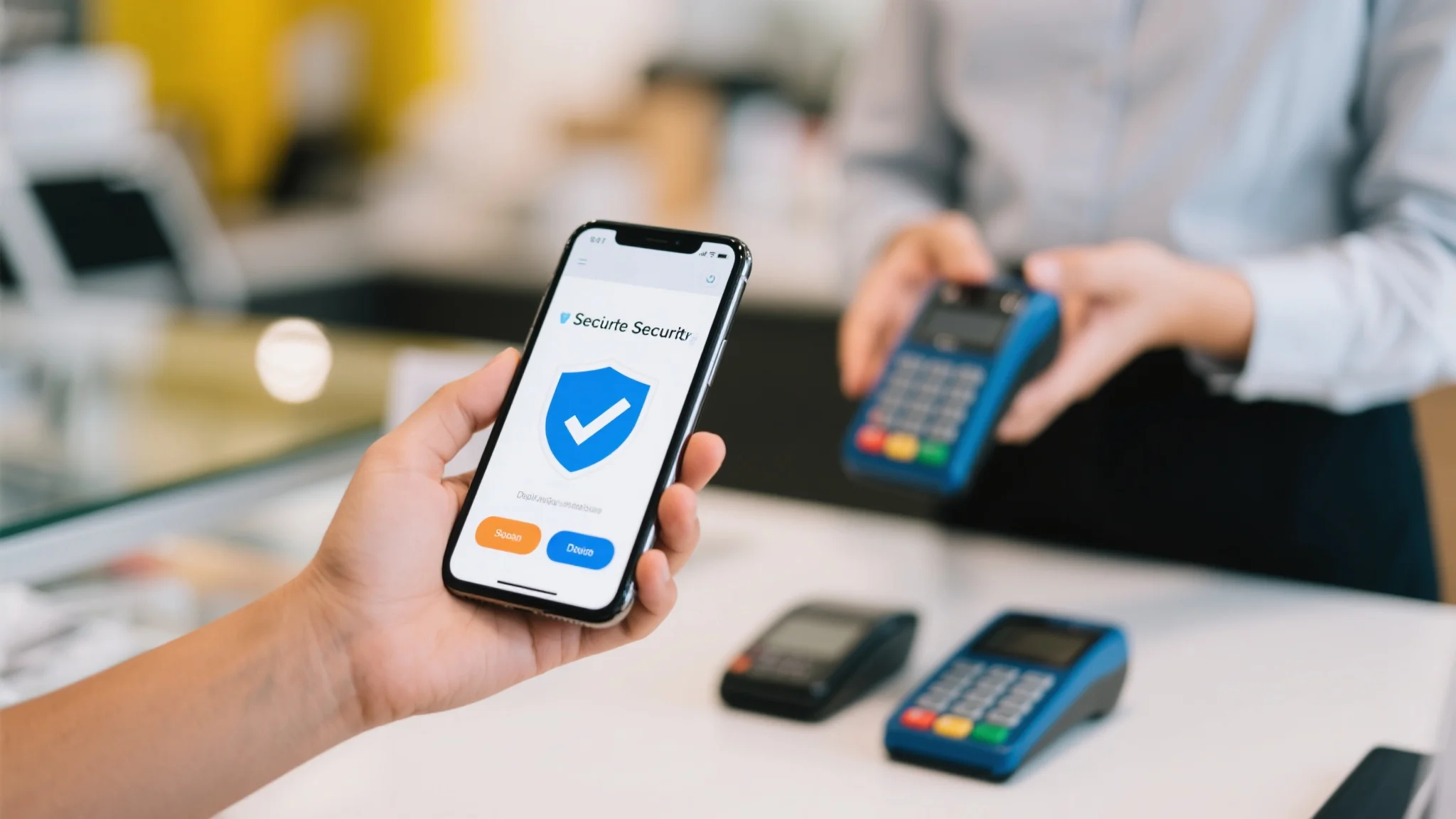In the realm of cryptocurrency, where innovation meets financial freedom, the choice of a reliable payment processor can make or break your business operations. With countless options available, it’s essential to identify the key features that ensure security, efficiency, and compliance. Whether you’re a merchant, an entrepreneur, or a business owner, understanding these features is critical to navigating the complex landscape of cryptocurrency payments.

1. Security: The Backbone of Reliability
Security is the cornerstone of any reliable cryptocurrency payment processor. Cryptocurrencies operate on decentralized networks, but this doesn’t mean they are immune to threats. A trustworthy payment processor must employ robust security measures to protect your transactions and data.
Encryption: Look for processors that use advanced encryption techniques to safeguard your transactions. This ensures that sensitive information, such as private keys and transaction details, remains confidential.
Cold Storage: A reputable processor should store your cryptocurrencies in offline, or cold, wallets. This minimizes the risk of hacking and ensures your assets are secure.
Two-Factor Authentication (2FA): Enhance security by requiring 2FA for all user logins and critical transactions. This adds an extra layer of protection against unauthorized access.
2. Compliance and Regulatory Adherence
The cryptocurrency space is increasingly subject to regulations, and compliance is no longer optional. A reliable payment processor must adhere to local and international laws to ensure smooth operations and avoid legal complications.
Know Your Customer (KYC): processors should implement KYC protocols to verify the identities of users. This not only helps in preventing fraud but also ensures transparency.
Anti-Money Laundering (AML): A trustworthy processor must have AML systems in place to detect and prevent illegal activities.
Tax Compliance: Ensure the processor can provide detailed transaction records for tax purposes. This is essential for staying compliant with tax regulations.
3. User-Friendly Interface and Integration
A reliable payment processor should offer an intuitive user interface that simplifies the transaction process for both you and your customers. Additionally, the integration process should be seamless, allowing you to integrate the processor into your existing systems with minimal hassle.
Ease of Use: The processor’s dashboard should be user-friendly, providing real-time insights into transactions, balances, and reports.
API Integration: Look for processors that offer robust APIs, enabling easy integration with your website, mobile app, or POS system.
Customization: A reliable processor should allow you to customize payment options, such as setting preferred cryptocurrencies or creating recurring payment plans.
4. Reliability and Scalability
As your business grows, so will your transaction volume. A reliable payment processor must be scalable, capable of handling high transaction volumes without compromising on speed or security.
High Availability: The processor should offer 99.9% uptime, ensuring that your transactions are processed smoothly even during peak times.
Scalability: Choose a processor that can scale with your business needs, whether you’re processing a few transactions a day or thousands.
Diverse Cryptocurrency Support: A reliable processor should support a wide range of cryptocurrencies, including Bitcoin, Ethereum, and popular stablecoins like USDT.
5. Customer Support
In the event of issues or questions, having access to reliable customer support is crucial. A trustworthy payment processor should offer responsive and knowledgeable support to assist you with any challenges.
24/7 Support: Look for processors that provide round-the-clock customer support, whether through live chat, phone, or email.
Multi-Language Support: If your business caters to a global audience, ensure the processor offers support in multiple languages.
Educational Resources: A reliable processor should also provide educational resources, such as guides, tutorials, and webinars, to help you make the most of their services.
By prioritizing these key features, you can select a payment processor that not only meets your current needs but also supports your business growth in the long run. In the next part, we’ll explore additional features like transaction speed, fees, and additional tools that can enhance your payment processing experience.
6. Transaction Speed and Fees
Transaction speed and fees are critical factors when evaluating a cryptocurrency payment processor. Slow transactions can frustrate customers and lead to lost business, while high fees can eat into your profit margins.
Lightning-Fast Transactions: Look for processors that offer fast transaction processing times, ideally within a few seconds or minutes. This is especially important for businesses that rely on real-time payments.
Competitive Fees: Compare the fees offered by different processors. While low fees are attractive, ensure they don’t compromise on security or reliability.
透明 Fee Structure: A reliable processor should have a transparent fee structure, with no hidden charges or surprises.
7. Fraud Prevention and Dispute Resolution
Fraud is a significant concern in the cryptocurrency space, and a reliable payment processor should have robust fraud prevention mechanisms in place. Additionally, a clear dispute resolution process is essential for resolving any issues that may arise.
Fraud Detection: The processor should use advanced algorithms to detect and prevent fraudulent transactions in real-time.
Dispute Resolution: Look for processors that offer a fair and efficient dispute resolution process, ensuring that any issues are resolved quickly and to your satisfaction.
Chargeback Protection: A reliable processor should provide chargeback protection to safeguard your business from unauthorized refunds.
8. Additional Features
Beyond the core features, some payment processors offer additional tools
